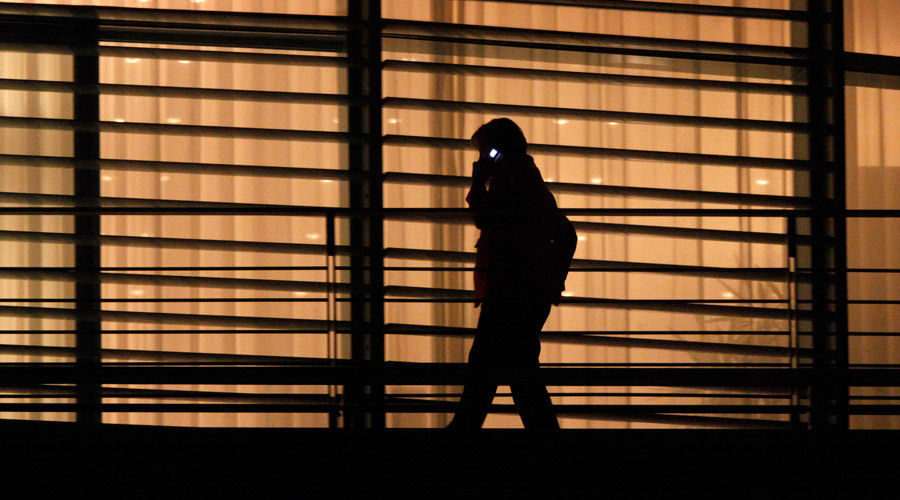Radiation emitted from wireless devices can cause a metabolic imbalance in users, which can lead to various health risks including cancer and neurodegenerative disease, according to a new study.
A review article — “Oxidative Mechanisms of Biological Activity of Low-intensity Radiofrequency Radiation” — published this month in Electromagnetic Biology & Medicine collected available, peer-reviewed experimental data on “oxidative effects of low-intensity radiofrequency radiation (RFR) in living cells.”
Such a metabolic imbalance, or oxidative stress, is “an imbalance between the production of reactive oxygen species (ROS) and antioxidant defense,” according to co-author Dr. Igor Yakymenko.
Oxidative stress from repeated RFR exposure is linked to cancer and other ailments, the study posited. “These data are a clear sign of the real risks this kind of radiation poses for human health,” Yakymenko said.
The study, done by American and Ukrainian scientists, “indicates that among 100 currently available peer-reviewed studies dealing with oxidative effects of low-intensity RFR, in general, 93 confirmed that RFR induces oxidative effects in biological systems.” “Ordinary wireless radiation” could trigger ROS production in cells, the study said.
Yakymenko said that cellphone use for 20 minutes a day for five years can boost the risk of one type of brain tumor by three times, while using a cellphone for an hour a day for four years and increase the risk of certain tumors by three to five times.
The National Cancer Institute in the United States estimated that about 23,400 new cases of primary malignant brain and central nervous system cancers were diagnosed in 2014 across the US.
Yakymenko also cautioned that brain and related cancers can take as many as 30 years to develop.
The “data were obtained on adults who used cell phones mostly up to 10 years as adults,” he said, according to the New York Daily News. “The situation can dramatically differ for children who use cells phone in childhood, when their biology much more sensitive to hazardous factors, and will use it over the life.”
Skeptics emphasized that the new study is a “meta-study,” or one that is a compilation of many other reviews. The larger study, in turn, inherits any and all inadequacies of those evaluations, including possible inaccuracies in study-participant reporting, recall bias, and changes in technology.
Links between cellphone use and cancer have cropped up over the years, especially as cellphone use has increased. In the United States, for example, use tripled from 2000 to 2010, according to the Cellular Telecommunications and Internet Association.
Allegations of such links are fueled by cellphones’ emission of non-ionizing radiation via radio waves and the body’s absorption of this kind of energy.
In 2011, the World Health Organization’s International Agency for Research on Cancer said cellphone usage is “possibly carcinogenic” following a review of all available scientific evidence on the topic. The 31 IARC scientists that took part in the review said more research was needed to arrive at a more definite conclusion.
Specifically, IARC found an increased risk for glioma, a brain cancer, associated with cellphone use.





